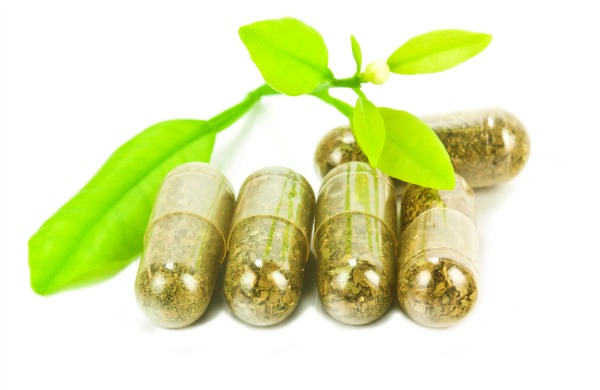Herbal supplements are a multi-billion dollar industry, but do consumers really know what they’e ingesting? A new study shows that supplement pills may actually contain a high amount of filler including wheat and rice, the wrong herb entirely, and sometimes ingredients that are downright dangerous.
Canadian researchers selected popular medical herbs and then purchased 44 bottles of varying brands from 12 local stores. The products were tested by using DNA bar-coding. Their findings concluded that many bottles were mislabeled or diluted. A staggering one-third of the plants advertised on the bottle had been replaced with another plant entirely. Customers were not getting what they paid for, and they were often receiving products with ingredients that could have annoying and potentially lethal side effects.
We reached out to our resident registered dietitian, Mary Hartley, for her thoughts on the study. “If one-third of the supplements showed outright substitution, then this is a huge, huge supplement industry problem,” she said. “Not only are the supplements ineffective, but they may contain harmful ingredients.”
Several supplements tested were supposed to contain the herb echinacea, a flowering plant used since the 1800s to boost the immune system and treat the common cold. In the study, bottles labeled echinacea actually contained ground up bitter weed from India, a plant that could potentially result in rashes, nausea and flatulence. Personally, I’d rather have the sniffles.
Researchers did not disclose the names of the manufacturers whose products were tested in the study. This has consumers and experts frustrated. It also shines a white-hot spotlight back on the issue of regulation. Several smaller studies have been performed over the years due to similar concerns, but because the Canadian study used DNA technology, the results are bound to give more weight to the issue.
“The supplement industry has been a free-for-all since the Dietary Supplement Health and Education Act of 1994. That’s when the FDA left it up to supplement manufacturers to police themselves,” Hartley explained. “Perhaps the government will rethink that law, but expect strong opposition from the supplement industry.”
Long before this study was published, consumers have been urged to treat supplements like other medication, and that includes telling their doctor before taking them. Supplements have long been popular for treating colds, hot flashes, and other other common ailments, but they can also interfere with prescription medications. Now, even patients who do their due diligence by notifying their doctor may still be at risk. Doctors and patients only know what they read on the label.
One of the more troubling finds came from a product labeled black cohosh, a popular supplement used to treat menopausal symptoms. Though the plant is usually found in North America, the bottle actually contained Actaea asiatica, a plant from Asia that can be toxic to humans.
Clearly more oversight and enforcement is needed in the supplement industry. Until that happens, how are consumers supposed to feel like they’re getting what they pay for, and more importantly, that what they’re buying is safe?
“Supplement users should look for USP (United States Pharmacopeia) verified dietary supplements,” Hartley advises. “They meet USP’s stringent verification criteria.”
Also Read
Secrets of Supplement Manufacturing
Do you Know What’s In Your Dietary Supplements?
The Food Fighters – 5 Immune-Boosting Nutrients You Need to Ward Off Cold and Flu Symptoms

